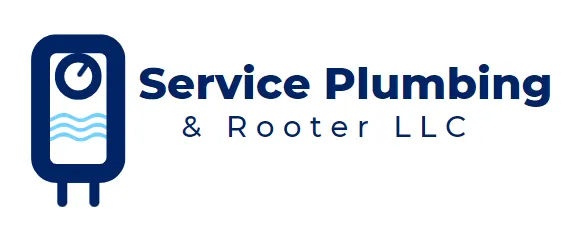Common Tacoma Water Heater Problems: Troubleshooting Tips
As a homeowner, it's essential to know how to keep your household running smoothly and efficiently. One of the most important things that you need to take care of is your water heater. Unfortunately, water heaters don't always run without a hitch - and when they break down, it can leave you with cold showers or other issues. In this guide, we'll cover some of the most common problems that arise when it comes to your water heater and look at tips for troubleshooting them; so you can rest assured knowing exactly how to handle any future hiccups!
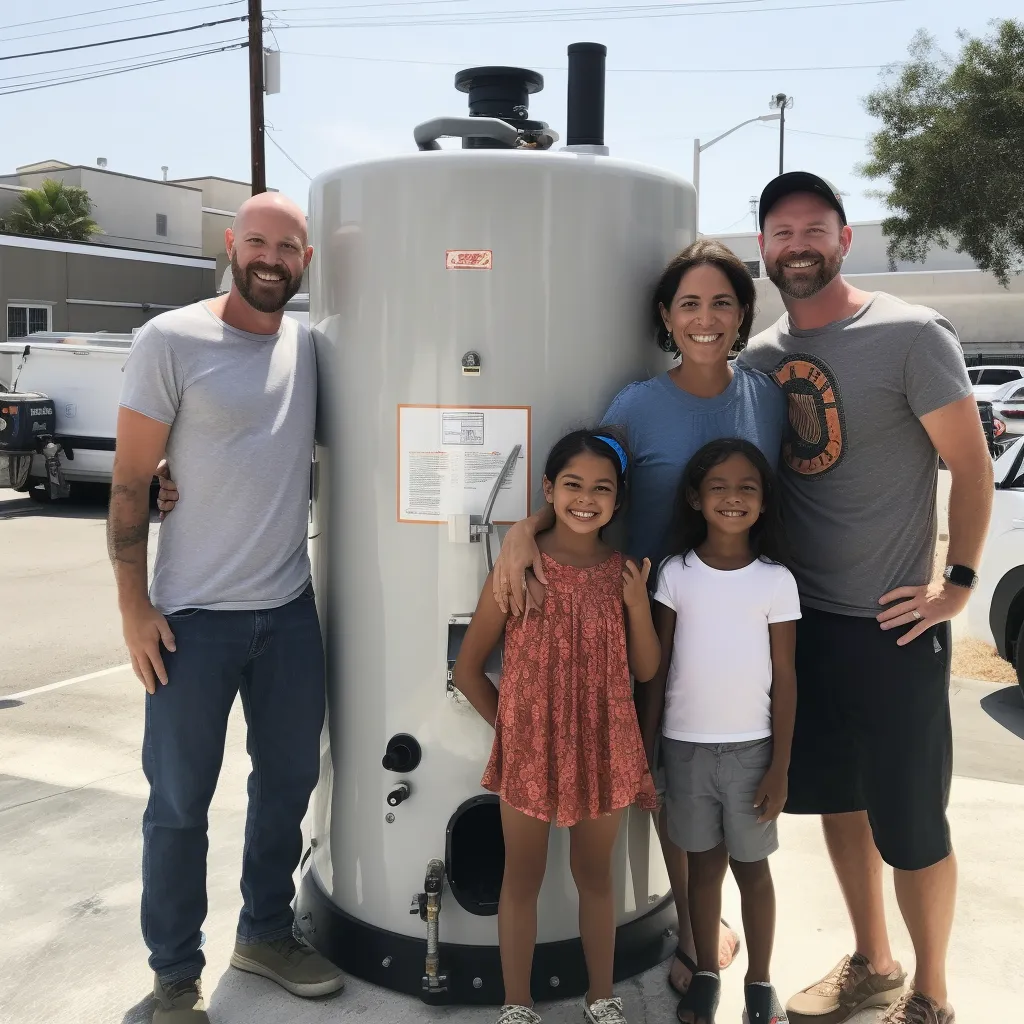
The tank is leaking
A leaking water heater could mean there's a problem with the pressure relief valve, or that the tank itself has corroded over time. Here’s what you can do:
Check the pressure relief valve and see if it needs to be replaced.
Inspect the tank for any signs of corrosion or damage. If the tank has corroded, it will need to be replaced.
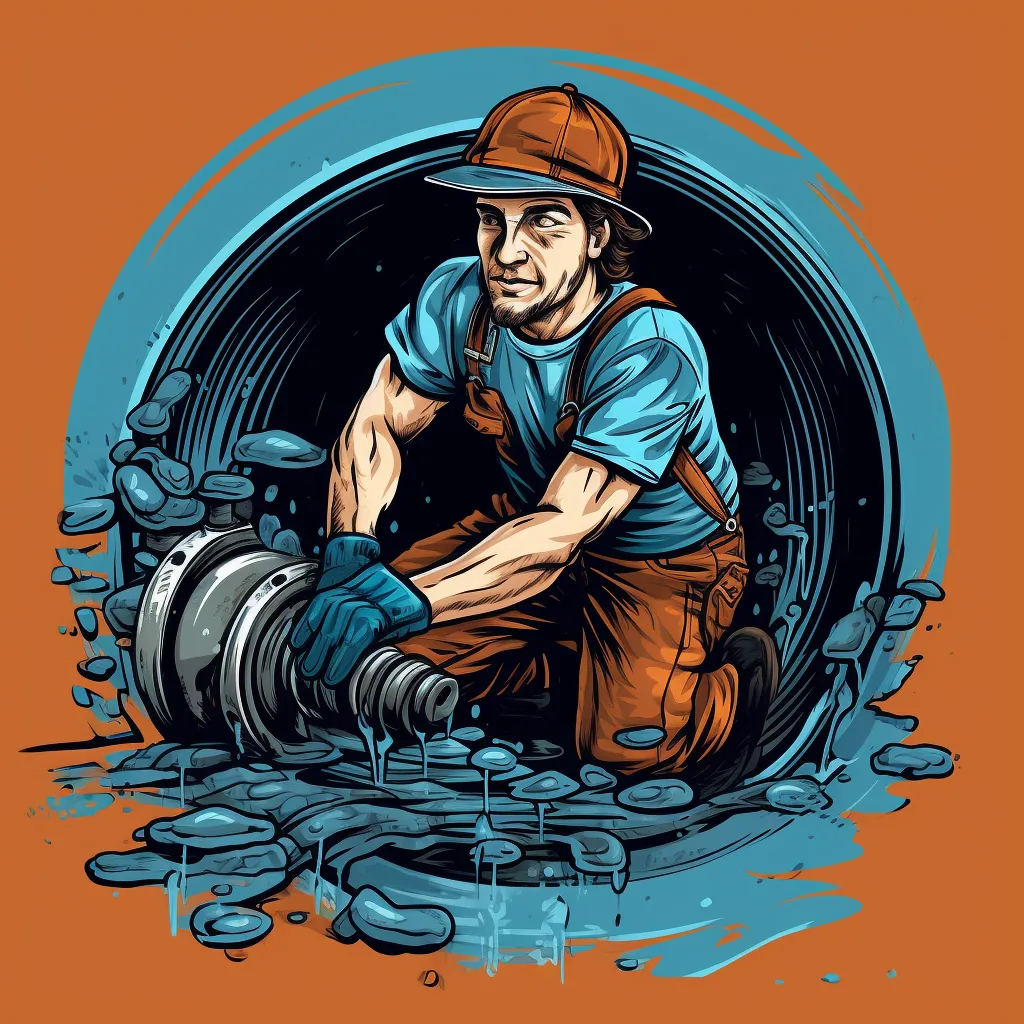
The water is discolored
Discolored water could indicate that your water heater needs to be flushed out and descaled. Here's what you can do:
Flush the water heater with a solution of white vinegar and water.
Inspect the anode rod for signs of corrosion or decay. If it is corroded, you will need to replace it with a new one.
Have a professional inspect the water heater and give it a full descaling treatment if needed.

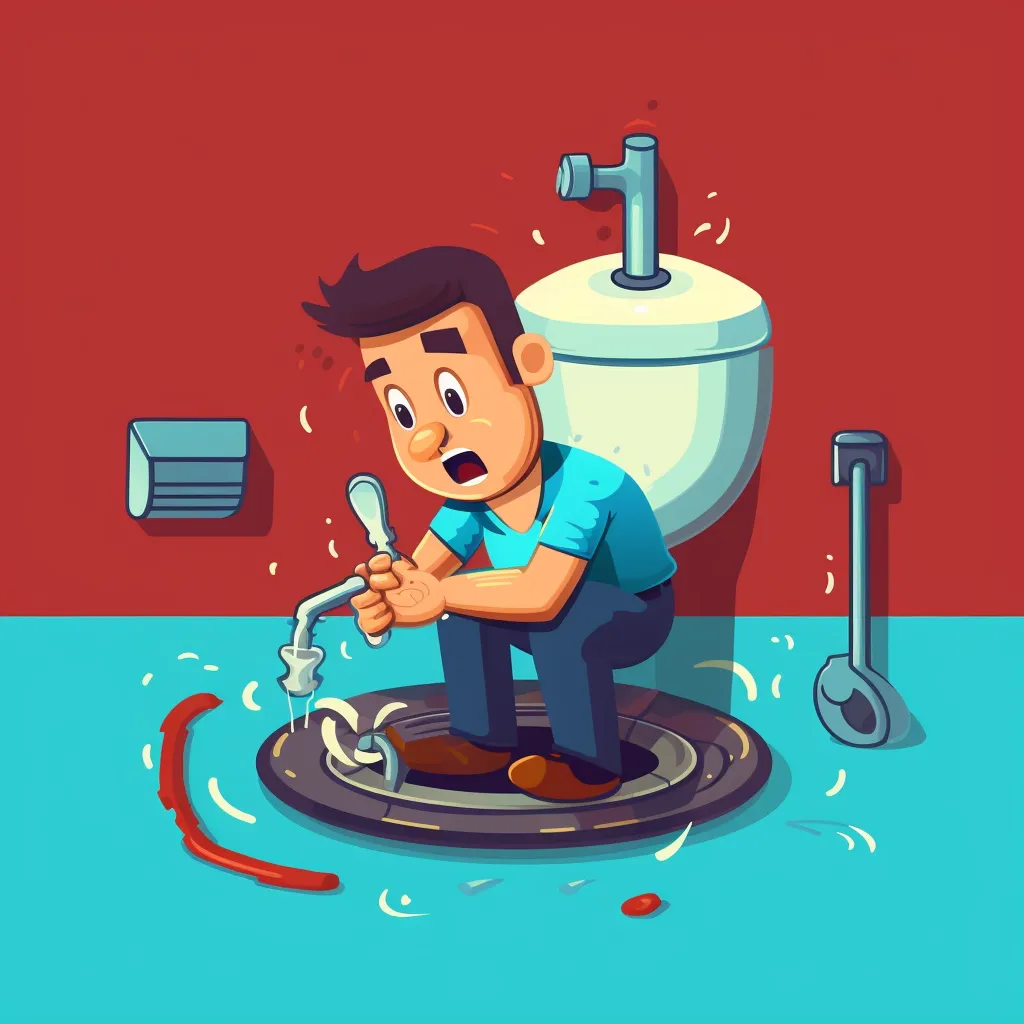
The water smells bad
This could be caused by bacteria that has built up in the tank. Here's what you can do:
Have a professional inspect the tank and see if it needs to be replaced.
Flush out the water heater with a solution of white vinegar and water to help reduce any odors.
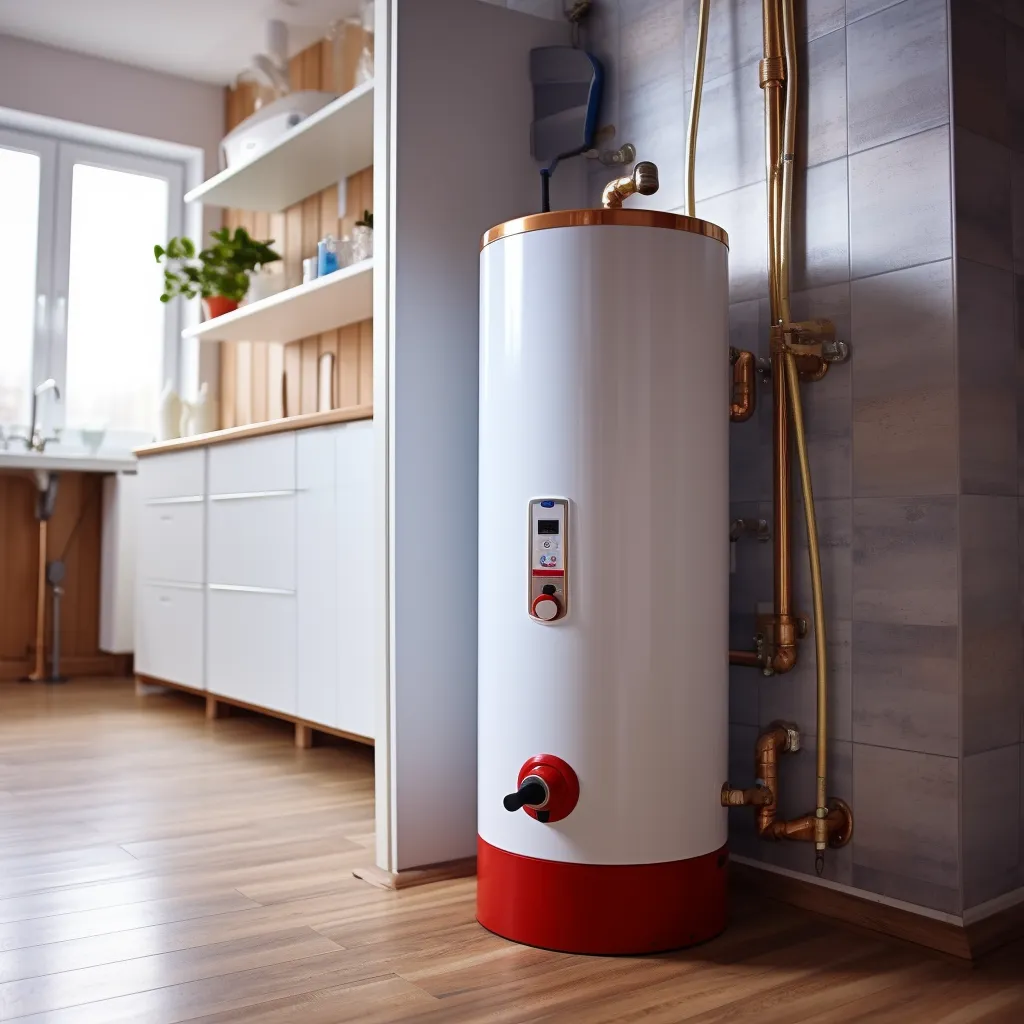
Noisy water heater
This could be caused by sediment buildup in the tank or due to a loose part. Here's what you can do:
Flush out the water heater to remove any sediment that has built up.
Have a licensed plumber inspect the internal components of the water heater and ensure everything is secure and tight.

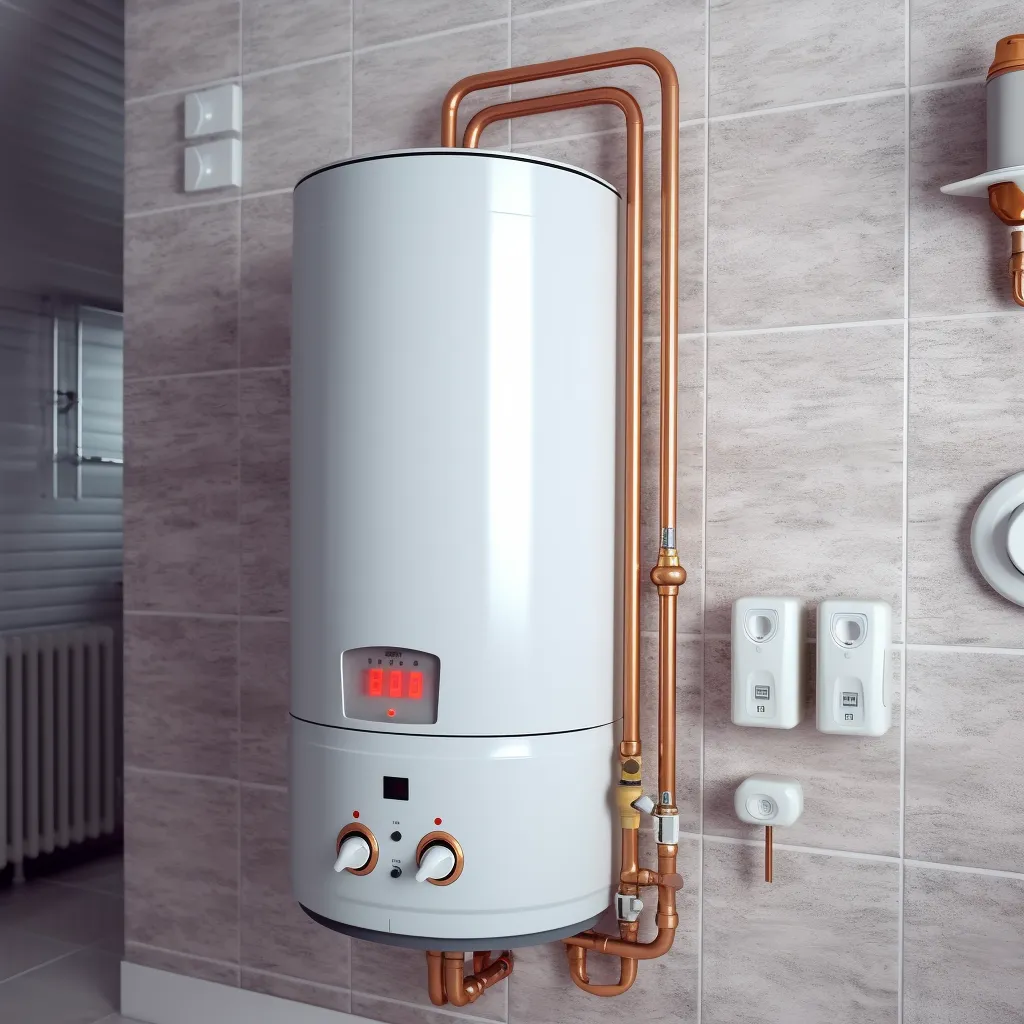
Tank takes a long time to reheat
This could be due to a faulty thermostat, an undersized tank, or buildup of mineral deposits. Here's what you can do:
Check the water temperature and ensure that it is set correctly.
Replace the thermostat if it is not working properly.
Have a professional inspect the tank for signs of mineral deposits and descale if necessary.
Consider upgrading to a larger tank if the current one is too small for your needs.
Low hot water pressure
Low hot water pressure could mean that the tank is too small for your home or there is a leak in the system. Here's what you can do:
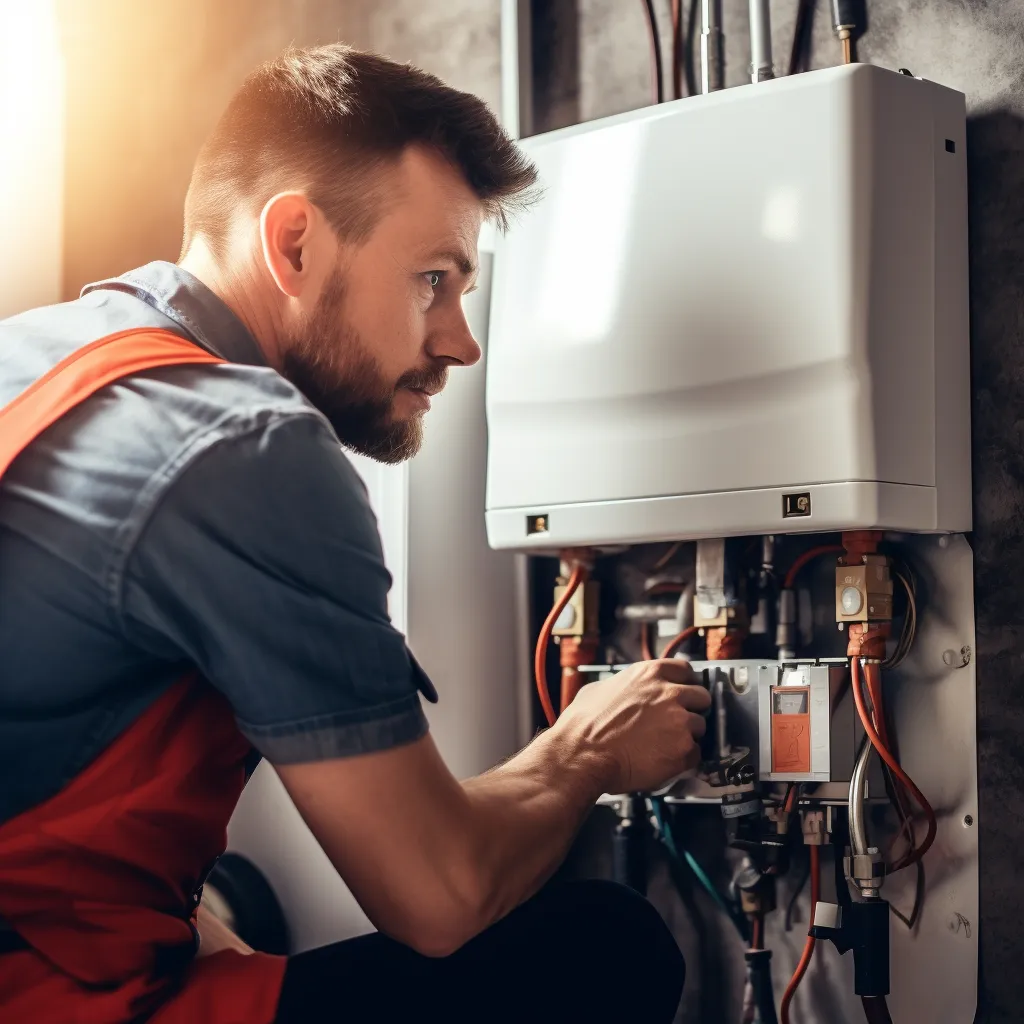
Check the tank size and compare it to the number of hot water outlets in your home. Consider upgrading to a larger tank if necessary.
Have a professional inspect the plumbing system and look for any signs of a leak.
Check the pressure relief valve and ensure it is functioning properly.

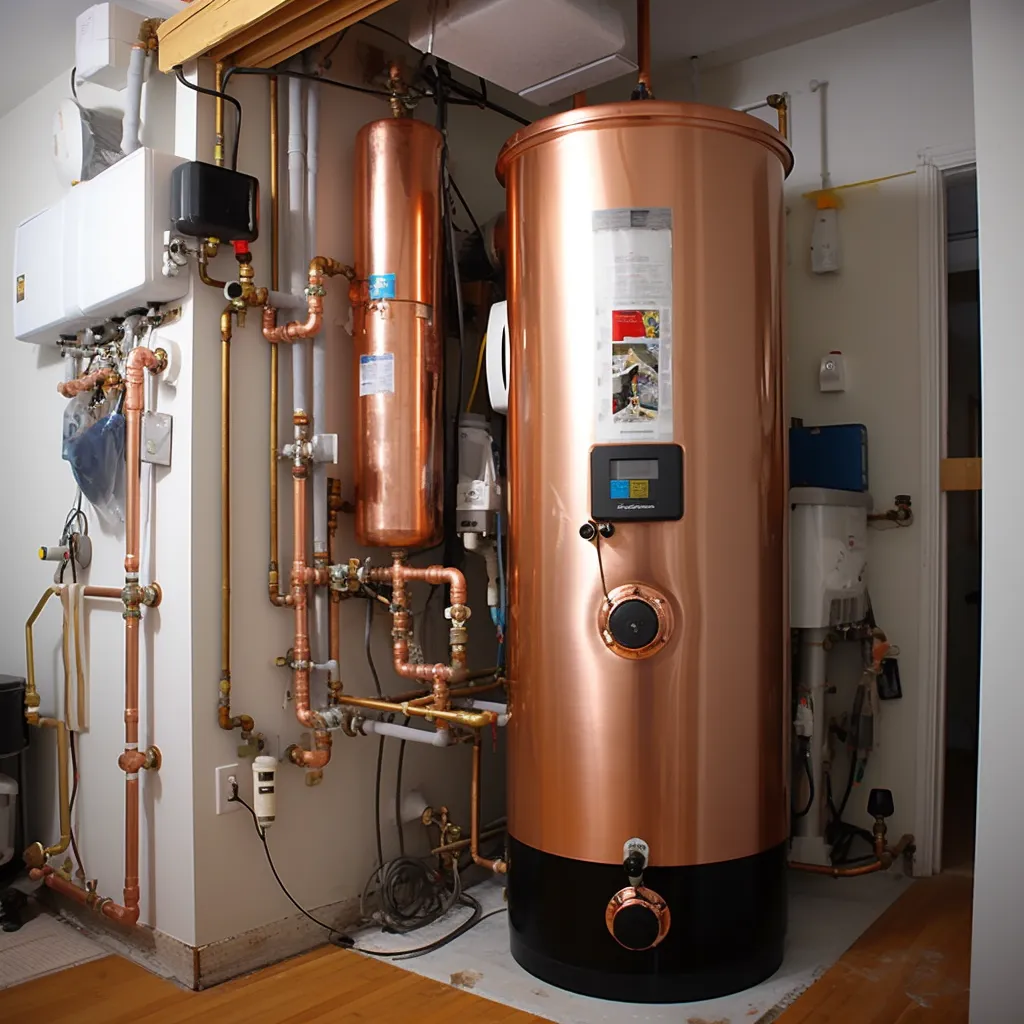
Low supply of hot water
This could be due to a malfunctioning thermostat, an undersized tank, or buildup in the pipes. Here's what you can do:
Check the thermostat and ensure it is functioning properly.
Have a professional inspect the water heater and descale it if necessary.
Consider upgrading to a larger tank if the current
How to prevent future problems with your water heater
To prevent future problems with your water heater, you should:
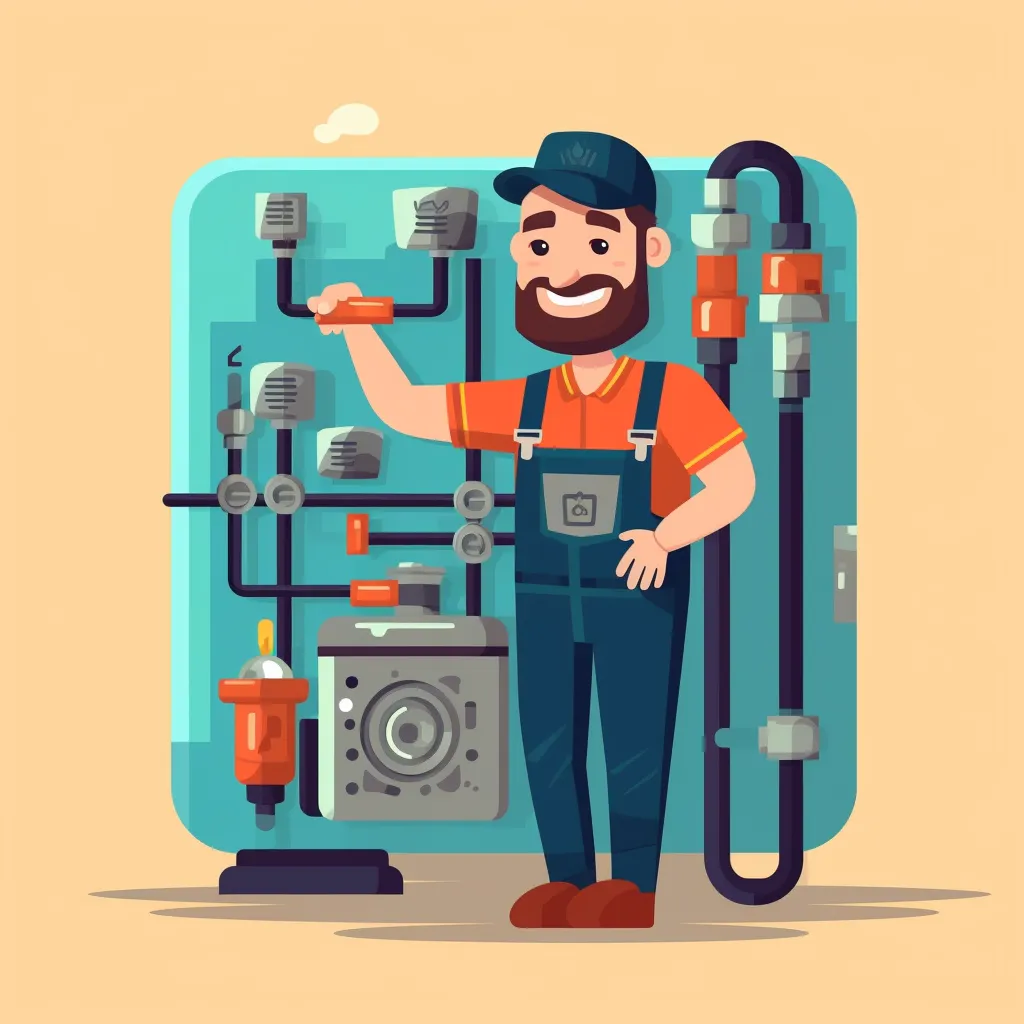
Inspect the water heater periodically for any signs of corrosion or wear and tear.
Flush the tank out on a regular basis to remove sediment buildup.
Check all fittings, valves, pipes and other components regularly for leaks.
Replace the anode rod every few years to ensure it is providing adequate protection from corrosion.
Have a professional inspect the water heater and give it a full descaling treatment if needed.
Check the pressure relief valve regularly to ensure it is functioning properly.
Make sure the tank size is adequate for your needs. Consider upgrading to a larger tank if necessary.
Adjust the temperature of your water heater to the recommended settings to maximize efficiency.
Insulate the hot water pipes if possible to help keep the water hot for longer.
Install an energy efficient model of water heater that is designed to use less energy and last longer.
Avoid overfilling the tank and make sure that there is plenty of water in it for optimal performance.
Repair any leaks immediately to prevent further damage from occurring.
Have a licensed plumber service the water heater on an annual basis to ensure it is running smoothly.
Open hot water taps regularly to prevent sediment buildup in the pipes and tank.
Know where the shutoff valve is located and make sure it is accessible in case of an emergency.
Run your hot water heater on the lowest setting possible to save energy.

Keep a solution of white vinegar and water in your tank to help reduce any odors.
Avoid using chemicals to clean the tank as this can cause corrosion and damage.
Read and follow the manufacturer’s instructions when making repairs or servicing your water heater.
Be aware of any warning signs that indicate a problem with the water heater such as strange noises, leaks, or no hot water.
If you are unsure of what to do, contact a professional for help with any repairs or maintenance. With some simple steps, you can keep your water heater running smoothly and prevent future problems from occurring.
Knowing when to call in a licensed plumber
Knowing when to contact a licensed plumber to inspect and service your water heater is key to ensuring that it is running efficiently and safely. A professional will be able to diagnose any issues and make the necessary repairs before they become more costly or cause further damage. A qualified professional can also provide advice on helping you choose the best type of water heater for your home, as well as tips on how to save energy and money. If you are noticing any signs of a problem with your water heater, contact a licensed plumber right away to help prevent further damage and costly repairs.
What to look for in a licensed plumber
When selecting a licensed plumber, be sure to do your research and look for:
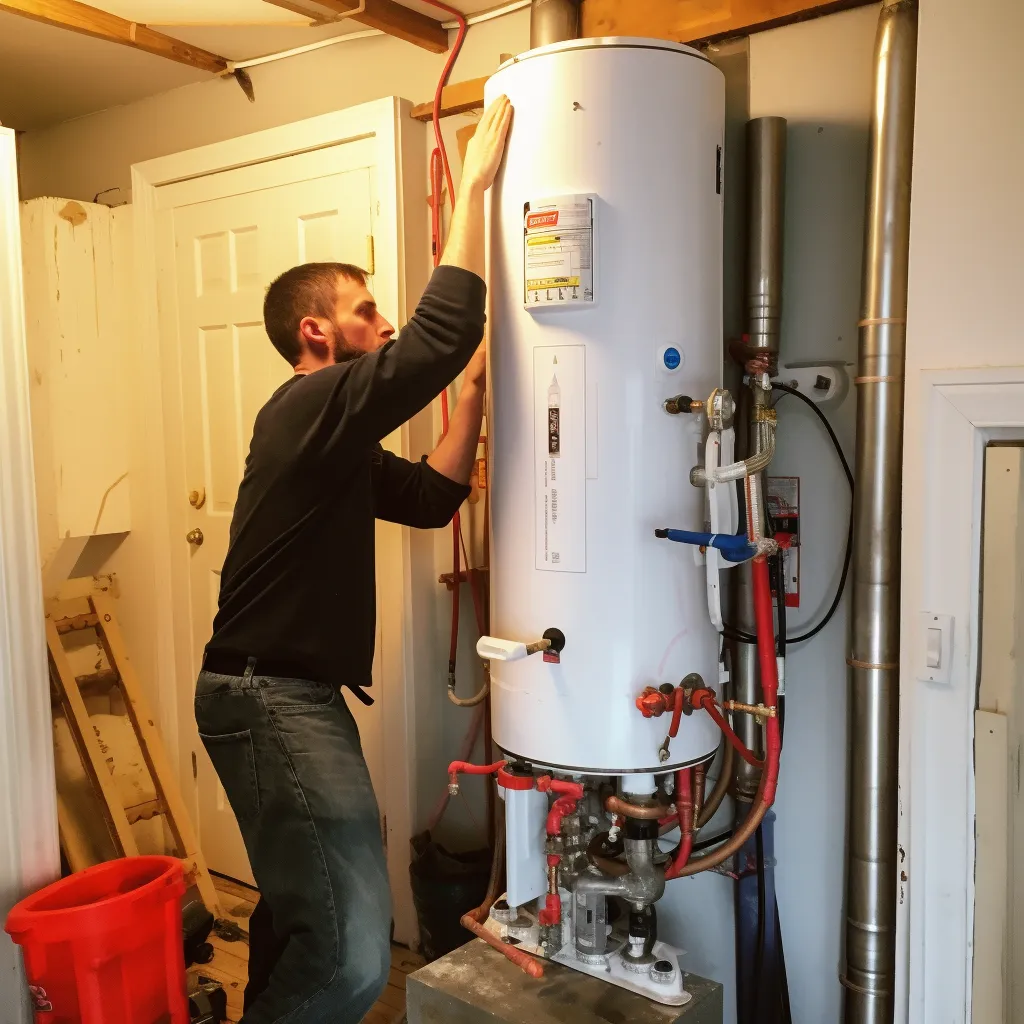
Valid licensing and insurance: Make sure the plumber is licensed and insured to work in your area.
Experience: Choose a plumber with experience in water heater repair and maintenance.
Good customer service: Look for reviews or ratings on the plumber’s website, or ask around if you know anyone who has used their services before.
Competitive pricing: Compare among between plumbers to ensure you are getting a fair and reasonable rate.
Up to date: Look for technicians who are knowledgeable about the latest water heater technologies and industry trends.
Warranties: Ask if the plumber offers any type of warranty on their services.
The ability to provide 24/7 emergency services if necessary.
Communication skills: The plumber should be able to explain any services they are providing in a clear and concise manner.
Reach out to a licensed professional
These are some of the most common problems that can occur with water heaters, but there may be others as well. If you're having an issue with your water heater, it's best to have it inspected by a licensed plumber to figure out the source of the problem and make sure it is repaired properly. That way, you can have peace of mind knowing that your water heater will be safe and reliable for years to come.
By following these tips and troubleshooting common water heater problems, you can keep your household running smoothly and efficiently. For more advice or assistance with any of these problems, contact a professional plumber today. They will be able to inspect your water heater and provide you with the best solutions for getting it running again.
Contact Us
